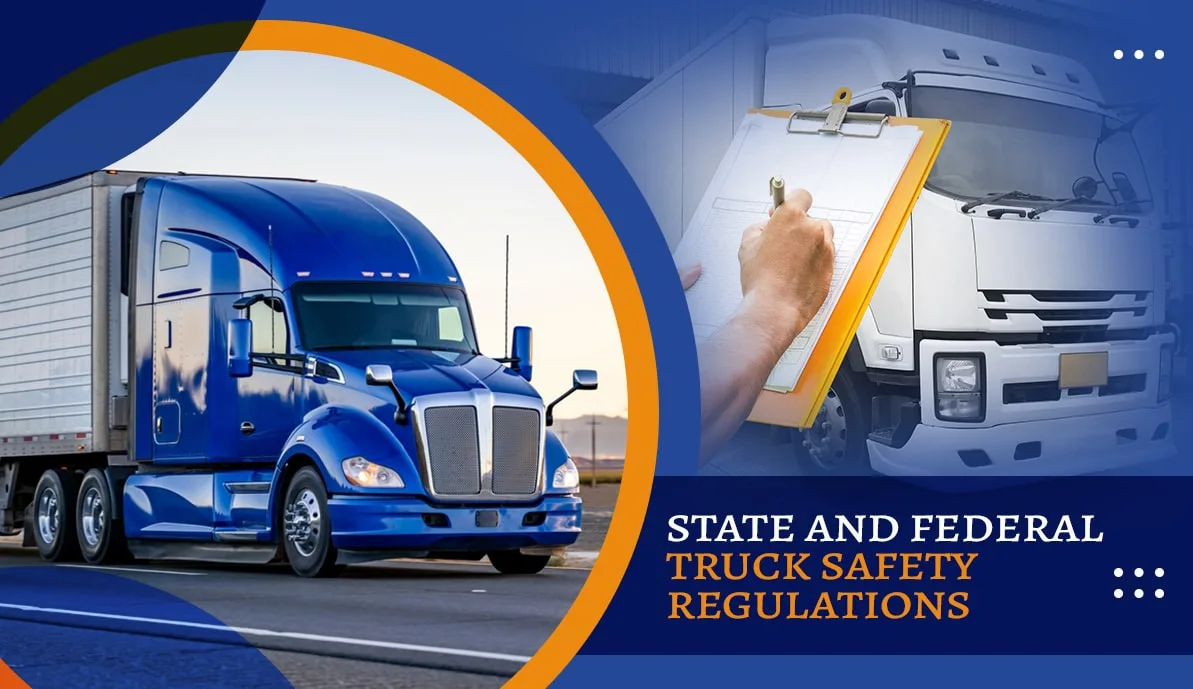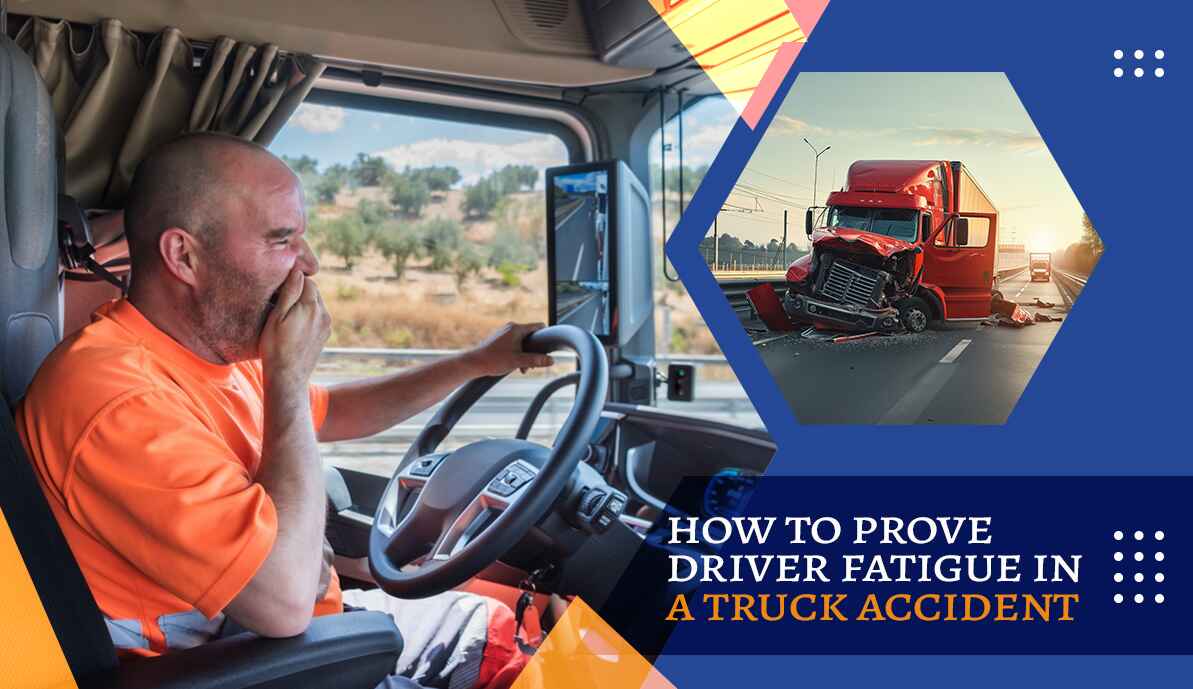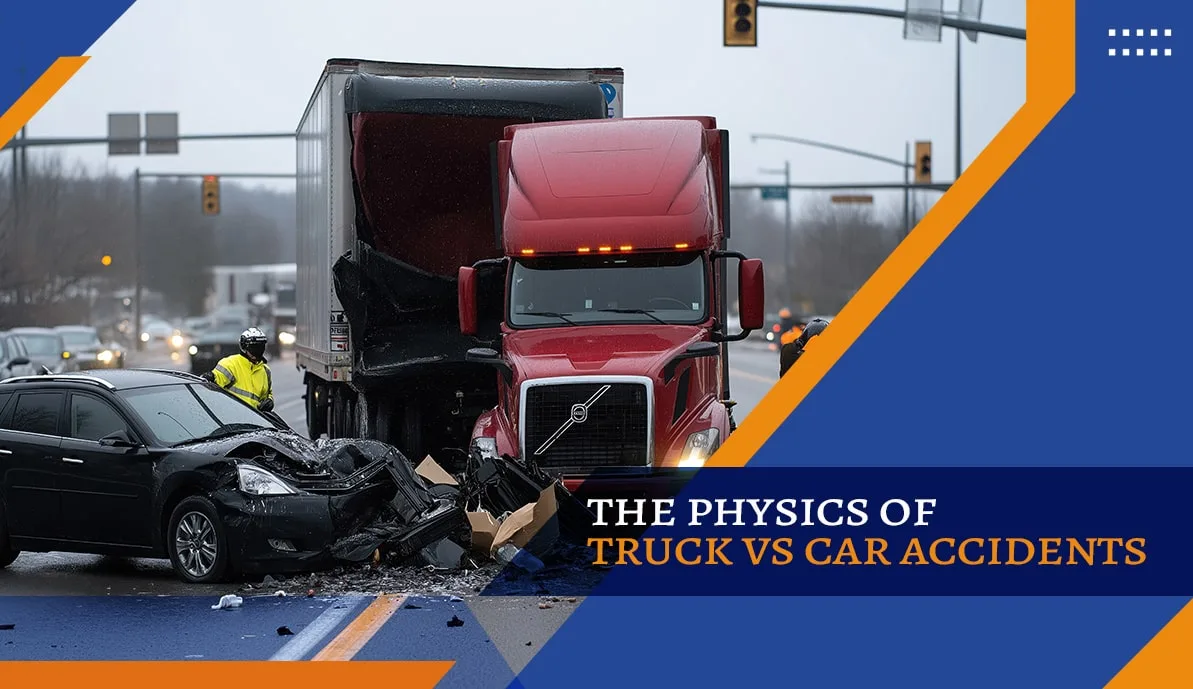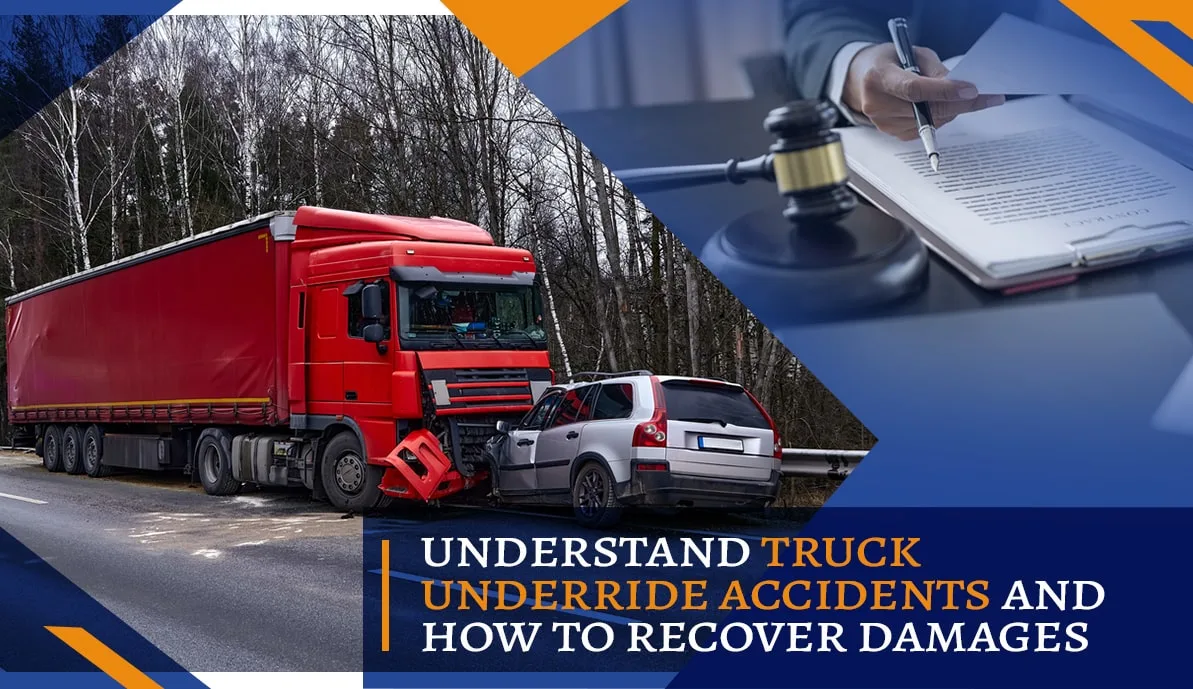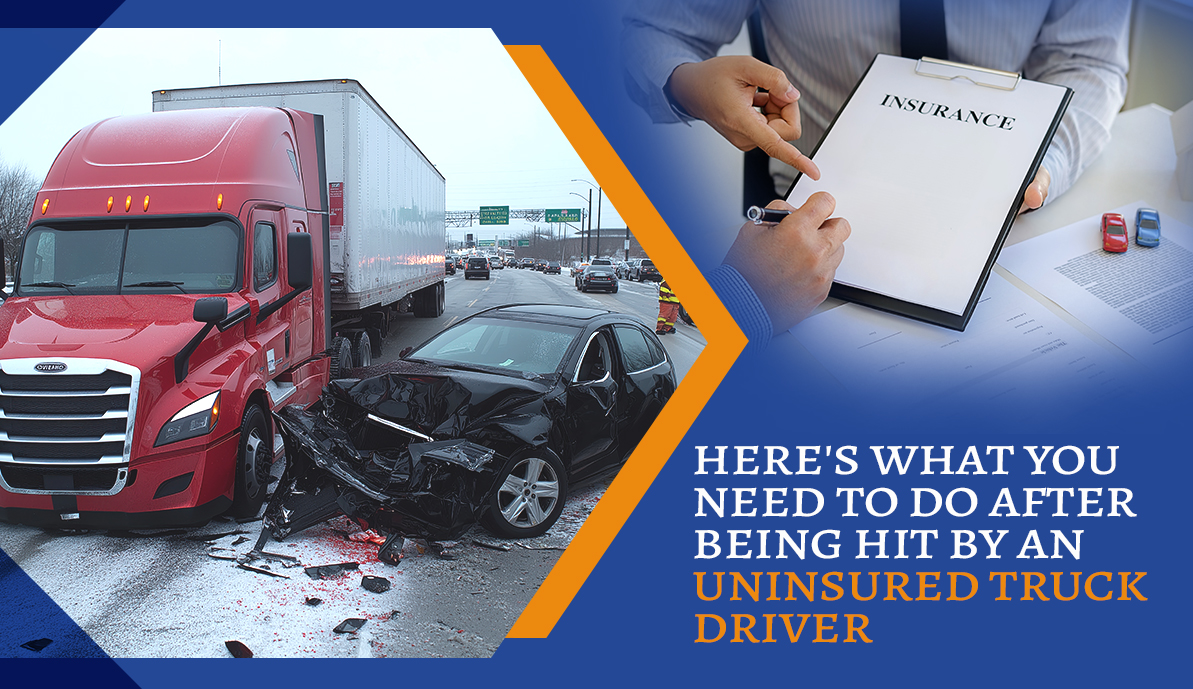Large trucks are the backbone of American commerce. They haul goods across states, keep stores stocked, and businesses running. But their size and power come with serious responsibilities and regulations. Understanding the layers of trucking laws is crucial for drivers, companies, and victims of accidents. Not all rules are created equal. Some apply on the state level, while others are governed federally. Knowing the difference helps avoid penalties, prevent crashes, and strengthen legal cases when things go wrong.
Understanding the Regulatory Framework
Trucking operations in the United States are overseen by two distinct regulatory bodies: state and federal authorities. Each plays a unique role in ensuring road safety and compliance.
State-Level Oversight
State Trucking Regulations vary widely from one jurisdiction to another. They are designed to address regional concerns, road conditions, and enforcement priorities. For example, Florida enforces specific weight restrictions on certain highways to protect road infrastructure. Other states may require unique permits or impose specific driving hour limits during winter months.
Additionally, states manage commercial driver’s license (CDL) testing and issuance. They also enforce intrastate safety audits and insurance requirements. If a trucking company operates solely within a single state, it only needs to comply with that state’s laws. These State Trucking Regulations can sometimes be stricter than federal standards, depending on local policy.
Federal Authority in Trucking
On a national level, the Federal Motor Carrier Safety Administration (FMCSA) enforces federal trucking regulations. These rules apply to trucks engaged in interstate commerce. One of the most important mandates is the Hours of Service (HOS) rule, which limits how long a truck driver can be on the road without rest.
Other key requirements include electronic logging devices (ELDs), driver qualification files, drug and alcohol testing, and vehicle maintenance records. These federal trucking regulations are designed to create uniformity across state lines and prevent driver fatigue, equipment failure, and cargo mishandling.
Companies that ignore these federal laws face severe penalties, including hefty fines and potential shutdowns. Even worse, violating federal rules could lead to accidents that may result in devastating injuries or fatalities.
Impact on Accidents and Legal Accountability
Understanding these laws is more than just good business. In the aftermath of a crash, regulatory violations can play a critical role in determining fault and liability.
Common Regulatory Failures
Failure to follow truck accident regulations often contributes to crashes. Overworked drivers, under-maintained trucks, or overloaded trailers can all create dangerous situations. In Florida, for instance, local enforcement officers routinely inspect vehicles for compliance. When violations are found, they may be used as evidence in personal injury claims.
These truck accident regulations are in place to ensure everyone on the road is protected. When trucking companies cut corners or drivers ignore rest breaks, the consequences can be fatal. Victims of such negligence need legal guidance to uncover these violations and hold the responsible parties accountable.
Legal Support in Florida
Navigating both state and federal laws requires experience. This is where a Florida truck accident lawyer becomes essential. Legal experts in this field understand how to analyze driving logs, weigh station data, and truck maintenance records to build a strong case.
A skilled Florida truck accident lawyer can identify when a trucking company has failed to comply with safety rules. This expertise can make a significant difference in recovering compensation for injuries, lost wages, and medical bills. It also ensures trucking companies are held accountable, pushing them to operate more safely in the future.
Bridging the Gap Between State and Federal Rules
Confusion can arise when a trucking company operates across state lines. A driver may follow federal law but violate state-specific speed limits or weight restrictions. Legal professionals must untangle these complexities when accidents occur. Without understanding both sets of rules, a case may be weakened or dismissed.
Knowledge of both State Trucking Regulations and federal codes allows for a complete assessment of liability. This insight is especially valuable when injuries are severe or fatalities are involved. Claims supported by evidence of multiple violations often lead to stronger settlements or courtroom victories.
Why These Rules Matter for Everyone?
Truck safety laws are not just red tape. They are the result of decades of research and countless accident investigations. Each rule is crafted to prevent crashes, save lives, and create consistency across the vast trucking industry.
Responsibility and Prevention
Trucking companies must invest in training, regular maintenance, and policy enforcement to remain compliant. Drivers, too, must remain alert and follow every safety rule. These responsibilities are central to reducing violations of truck accident regulations and keeping roads safe.
When a crash happens, the existence of multiple layers of regulation helps clarify who is at fault. Violations of truck accident regulations can provide undeniable proof of negligence. This is particularly important for crash victims seeking justice through civil courts.
Navigating Complex Laws
Those unfamiliar with the trucking industry can quickly become overwhelmed by the legal jargon and procedural steps required in accident cases. That’s why working with a Florida truck accident lawyer can be a turning point. With professional help, victims can better understand their rights and build a case supported by both federal trucking regulations and state statutes.
The investigation process often involves cross-checking federal compliance with local enforcement records. A Florida truck accident lawyer is equipped to gather this information efficiently. Their knowledge ensures no detail is missed, increasing the chances of a successful legal outcome.
The Bottom Line
Safety regulations in the trucking industry are complex but necessary. From state-specific rules to broad federal mandates, every guideline has a purpose. These laws protect not only the truck drivers but also every motorist on the road. Compliance reduces risks, saves lives, and ensures accountability when accidents occur. Anyone involved in a crash with a commercial truck must be aware of their rights and the importance of legal representation in such cases.

